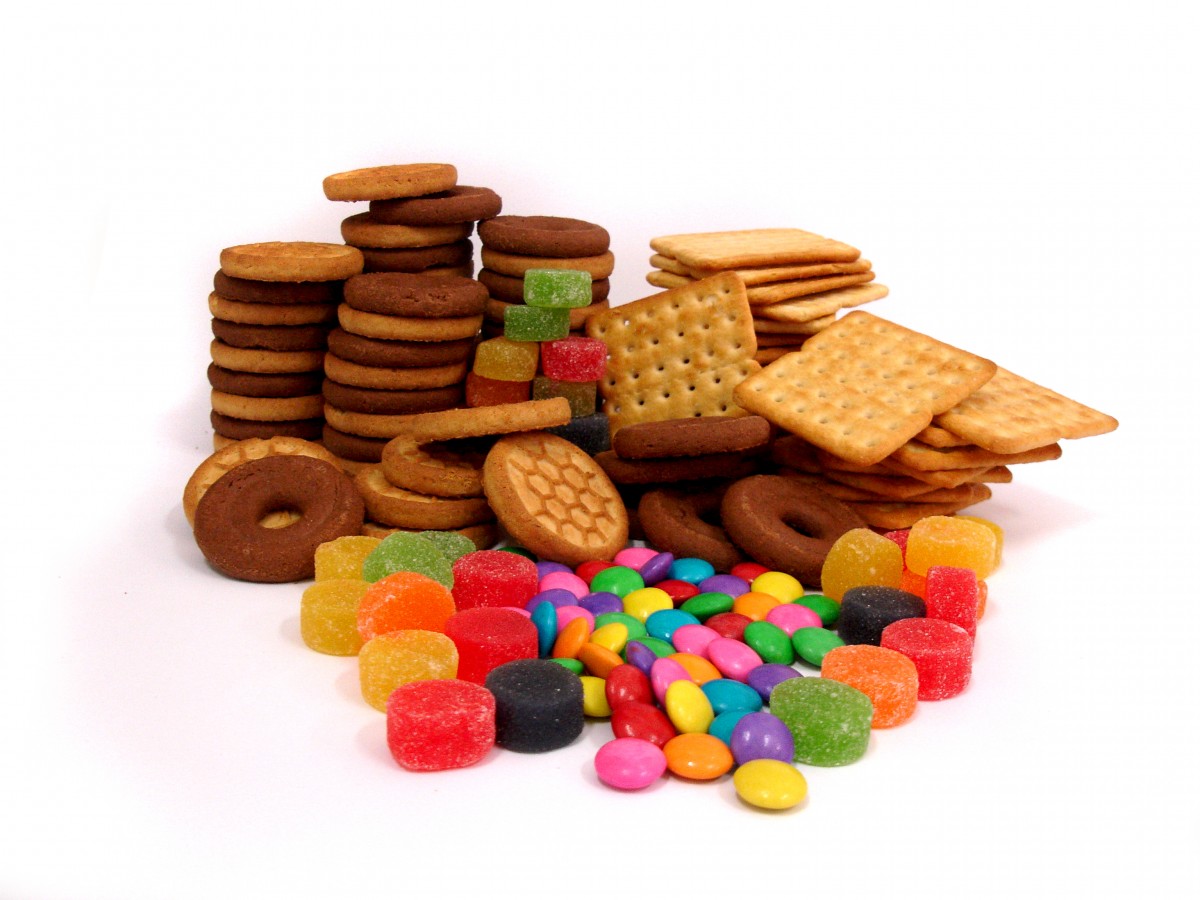The very best thing about being a nutritional therapist for me, is being in a position to help people to greatly improve their health, energy levels, sleep, quality of life, lose weight, gain fitness and SO much more! I’ve worked with clients coming to see me with everything from acne and psoriasis, to obesity, rheumatoid arthritis, heart disease, atherosclerosis (high cholesterol), infertility, HIV, candida, and simply for advice on weight loss.
At the moment, I’m only seeing a small number of regular clients as I unfortunately don’t have the time to take on anybody else. Each client received a tailor-made programme, in which I design an eating, supplement and lifestyle plan specific to their condition, and often work with their GP if they’re already taking medication or under medical supervision.
I have decided to post a series of real-life client success stories, based on clients I’ve worked with over the past three years. Names have been changed to protect identity.
I do hope that the information below helps some of you, although this is a summarised version of my treatment protocol for this client, and as each of us are biochemically unique individuals, what works for one person doesn’t always work for the next. But if you do have any health concerns, please arrange to visit your GP or other qualified health professional.

Two years ago, a client called Mark came to me suffering from irritable bowel syndrome (IBS). This meant that he had bloating and discomfort in the lower abdomen, which had been a problem for the past three years. On top of that, he had low energy, poor sleep patterns, brain fog, energy dips in the late afternoon, chocolate and sugar cravings and a sluggish liver as a result of contracting hepatitis almost thirty years ago.
As a man of fifty with a busy career and family life, he really wanted help to balance his body and boost his energy, while being able to naturally manage his IBS.
As protocol dictates, I first looked at his full four-day typical diet and ran it through the nutrition software I use to check for nutrient imbalances.
Mark’s eating plan overall was relatively healthy, as he had genetically high cholesterol and a family history of heart disease, he took care to avoid too many high-saturated fat and cholesterol foods. But the problems lay in the amount of wheat-based foods he was eating, along with the sugary snacks he reached for in the late afternoon.
Mark’s diet contained high amounts of gluten, found in the wheat and spelt products he was eating daily, like bagels, scones, pasta, pizza bases and paninis, and some porridge oat brands that are not labelled ‘gluten-free’.
Gluten is the primary protein in wheat, and it is what makes it so allergenic. It can create a toxic reaction which triggers the immune system and causes inflammation of the gut. Gluten intolerance is also associated with many autoimmune disorders, liver disease and neurological conditions. Eliminating it from the diet completely can greatly benefit overall health and help to stabilise moods.

His daily diet also included some dairy products such as milk and cheese. As scientists at the prestigious Harvard School of Public Health explain, “many people have some degree of lactose intolerance. For them, eating or drinking dairy products causes problems like cramping, bloating, gas, and diarrhea. These symptoms can range from mild to severe.”
It was quite straightforward to spot where Mark’s main health difficulties lay. The inflammation that these foods caused to his digestive system also compromised his immune system, as a large proportion of your immune system cells are found in your gut. Mark was suffering from frequent chest infections and colds.
The irritation to his gut lining also meant that he had trouble producing adequate levels of the ‘happy hormone’, serotonin, of which up to 90% is again produced in your intestines. Serotonin is the precursor to your sleep hormone, melatonin, which helps induce that sleepy feeling in the evening.
Mark’s diet was also low in calories and the essential amino acid, tryptophan, which is needed to help make serotonin. His sugar cravings were related to his low levels of serotonin and a lack of sleep, both of which cause you to crave sugary, comforting foods like biscuits and sweets.

He had found himself in a cycle of craving sugar, experiencing a blood sugar crash a few hours later and once again reaching for something sweet to boost his flagging energy levels.
These blood sugar highs and lows can negatively affect mood and many other body control systems, including immunity.
Refined sugar is also a significant cause of IBS and bacterial overgrowth in the small intestine, as it can decrease the movement of food through the gut (called peristalsis) as rapidly rising blood sugar levels slow down the muscle contractions. Of course, this leads to bloating too.
Our liver is also so important to digestive health, and my plan for Mark included supporting his liver function with plenty of sulphur-containing foods like onions, garlic, broccoli, kale and mushrooms, plus taking a few drops of Milk Thistle daily.
So you can begin to see a pattern emerging now! Few problems in the body sit alone, as one things tends to lead to another. In this case, as well as so many others, the health of Mark’s digestive system was literally at the core of his troubles.
I explained the issues causing his health concerns to Mark and drew up a detailed new diet plan for him, plus handouts to read at home, advice on dairy, sugar and wheat alternatives and a few select dietary supplements that I felt he needed to help boost his recovery.
We arranged that he would follow the plan as best he could and come back to see me in six weeks. When he returned, he was delighted to report a huge improvement in his IBS discomfort and bloating, and he had also managed to get his sugar cravings under control. I was so thrilled for him to hear that his energy had really improved with no more mid-afternoon dips and his sleep patterns had normalised, leaving him waking up feeling refreshed and with loads more energy to devote his family. A wonderful success story!

